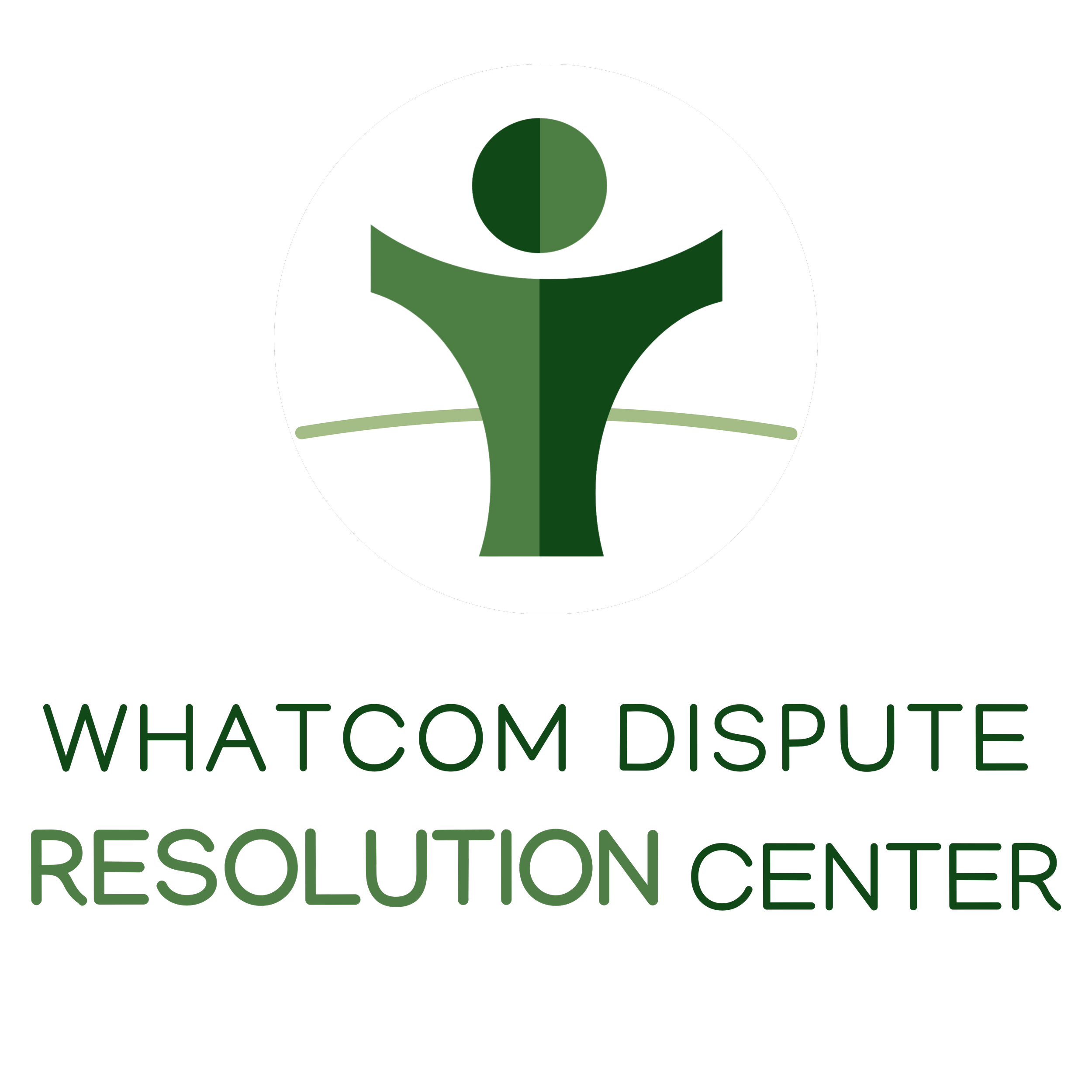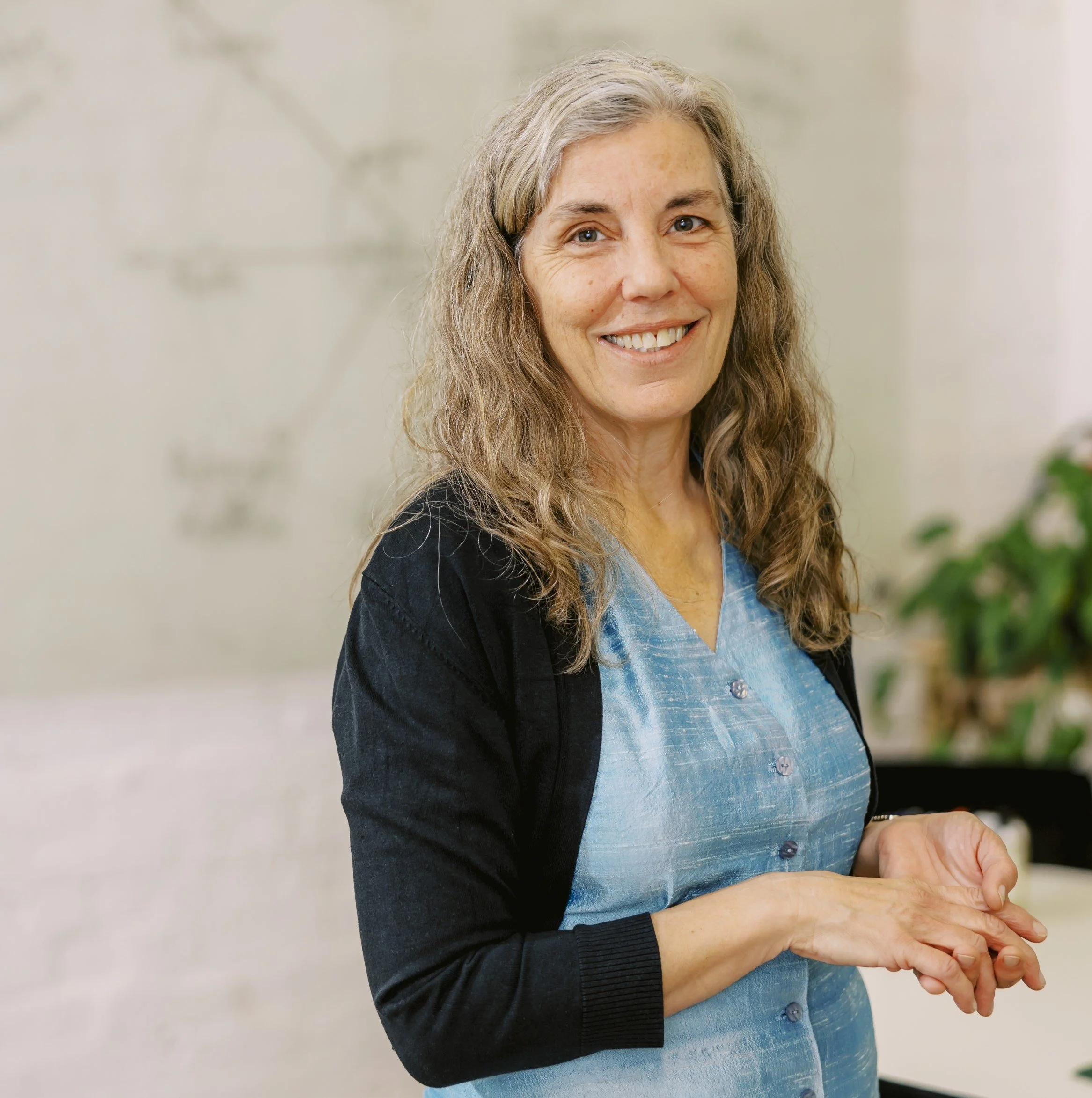about the training
Tools for Tough Conversations is a three-part continuing education course for past conflict resolution and leadership program participants. The series offers practical tips on how to apply conflict de-escalation and productive communication strategies at home, at work, and in the community.
Each session features tools and strategies mediators, group facilitators, and conflict coaches use to promote engagement and build relationships. The series includes:
Stress, Conflict, and Listening to Learn
Exploring Biases, Common Ground, and Opportunities for Inclusion
Responding to Surprises and Speaking Up
Participants will practice key conflict awareness and assertiveness skills through scenarios and group learning activities. Private time is provided for individuals to apply training concepts to personal and professional situations using structured conflict and engagement frameworks.
Upcoming Training Dates
Click “JOIN THE INTEREST LIST” above and complete the form to be notified about future training dates.
Location: In-person at the WDRC in Bellingham, WA
Training Fee: $250 plus applicable taxes for the series
Cancellation Policy: Cancellations made more than 4 weeks in advance of the first session are eligible for a full refund. Cancellations made within 4 weeks of the first session will not be eligible for a refund, but may be eligible to transfer registration to a future training.
Prerequisite Training: To register for the Tools for Tough Conversations series, participants must have completed either Understanding Conflict, Professional Mediation Training, another conflict resolution course, or a community leadership program. Please see the registration form for a full list of applicable prerequisite courses. For questions regarding the prerequisite, please contact training@whatcomdrc.org.
Course Instructor: Mary Dumas, President of Dumas & Associates, is a mediator, facilitator, and trainer in conflict resolution, organizational trauma, and resilience. Mary is known for designing inclusive engagement programs for workplaces, institutions, and communities. She brings over three decades of experience serving clients across the U.S. and Washington State dispute resolution centers. Mary is adept at translating technical information and regulatory mandates into accessible, collaborative processes (advisory, negotiated, or rule-making) and actionable plans. She is an advanced conflict resolution practitioner and holds certificates in commercial mediation, resolving land and transboundary water disputes. Mary serves on the Leadership Council for the Environment & Public Policy Section of the Association for Conflict Resolution (2018-present), which co-administers the National Roster of Environmental Conflict Resolution Professionals.


